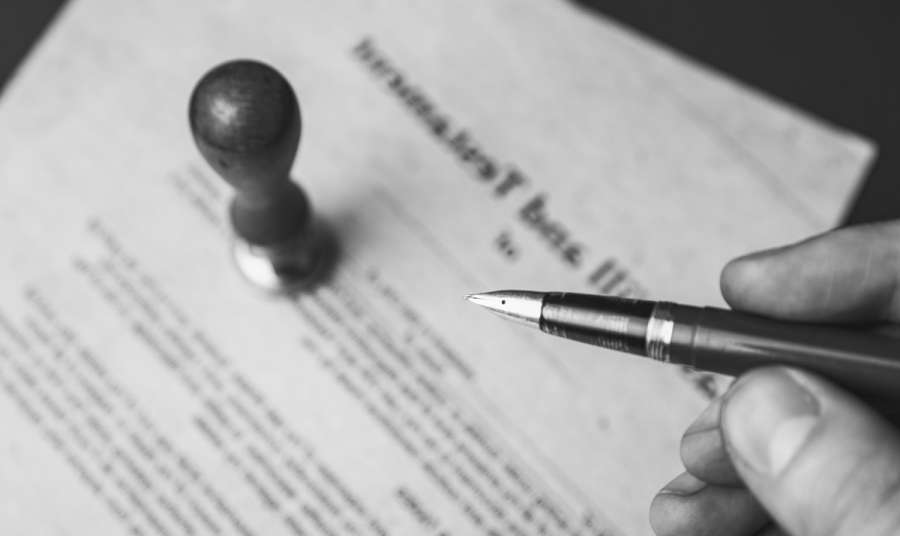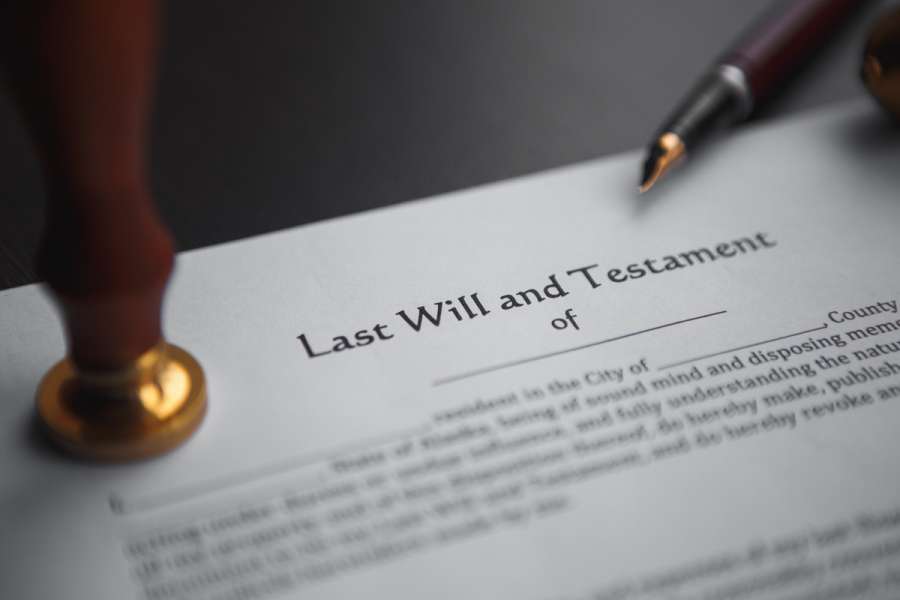Under English law, a person is allowed to choose who benefits from their estate and how.
However, there are certain safeguards – if a person who lacks mental capacity or is subject to undue influence attempts to make a Will, then it can be declared invalid, and if the Will does not make ‘reasonable’ financial provision for a family member or dependant then it can, in effect, be varied to do so.
When presented with a Will which raises concerns, the first step is often to obtain more information and to seek to look at documents relating to the Will and its preparation.
This may involve seeking a copy of the ‘Will file’ from the solicitors who drew up the Will, together with looking to obtain further documents.
This contentious probate article provides a brief introduction to the types of documents that can be obtained.




